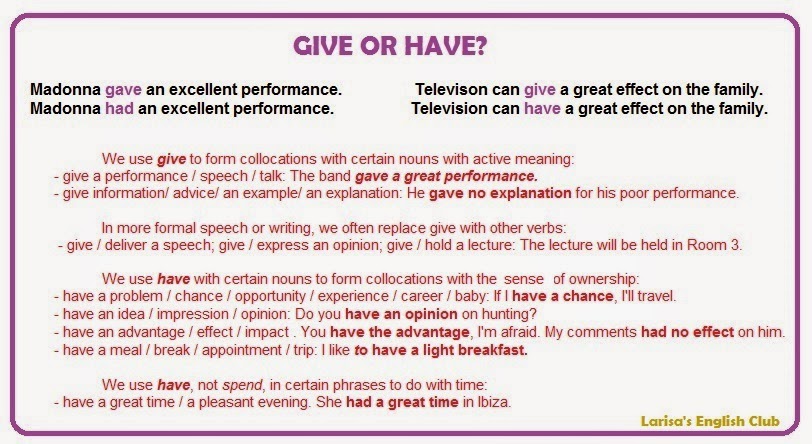Story
The two shepherds
There were two shepherds and they’ve grown up together since
boyhood. There was great fondness between them, even love. They lived close to each other and their houses
were very close together. But there was no boundary between them. Each had his
own flock of sheep and they grazed the same land.
But one day one shepherd said
to the other:
- - Do
you see that lamb that’s following your flock? That lamb belongs to my flock.
You can see by the markings.
- - What
are you talking about? The lamb is clearly mine. Can you not see how she
follows her mother?
Well, the two friends
began to argue. They became angry. They stood face to face. There was dispute.
They almost came to blows. But then they turned their backs and they walked
away. One in one direction towards his home, the other away to his home. And
from that moment there was no communication between them. They did not speak.
They did not even look at each other. Their friendship was broken.
But then one day one of
the shepherds saw a stranger coming... over the hill. And the stranger was
carrying a bag, it seemed a heavy bag upon his back.
-
Hey
friend! I have work for you. You are welcomed. Come! Come! Do you see that
house over there. I will pay you well if you will build a fence between my house
and that house. Make it a strong fence. Make it a high fence that no sheep can
jump over. Make it so tall that no man can see over it. Build this fence and I
will pay you what I have.
And then the shepherd
went into his small house, and he went into his bed and then he tried to sleep
but he could not, for the stranger was working through the night. He could hear
banging and soring all through the night. And in the morning when the shepherd
got out of his bed, there in the doorway stood that stranger once again he had
the bag on his back.
-
What?! You
could not have finished already!
The stranger did not say
a word. He turned and walked away. And the shepherd came out of house into the
morning sunshine and there... between his house and the other shepherd’s house
stood the most beautifully crafted wooden ... bridge. And stepping on to the
bridge from the other side was his ... friend.
-
What
a fine idea! To build a bridge between our houses. What dispute is this we have
had over one lamb? Come my friend!
And they stepped onto the
bridge and there in the middle of the bridge they embraced. The tears run down
their cheeks. And then the shepherd remembered and said:
-
Look!
And there was that
stranger with the heavy bag on his back and he was walking up over the hill.
-
Hey!
Friend! Come back! I have not paid you for what you’ve done!
And the stranger turned
and for the first time he spoke. And although he was far away his words carried
down to the two friends that stood on the bridge.
-
I
must go on. There are always more bridges to build.
Tasks:
2. Choose your favourite scene of this story and try to draw it on a sheet of paper. Do this activity in pairs or groups and then compare drawings.
3. Describe the scene you have drawn. Then talk with your partener(s) about similarities and differences of your drawings.
4. Recreate the end of the story the way you imagine it.




































